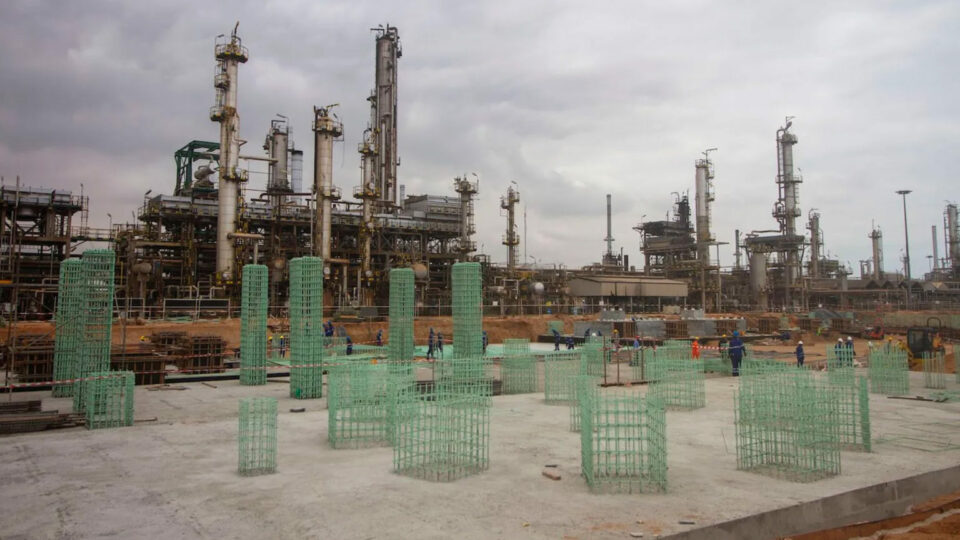Angola is planning to strengthen the its oil and gas refining capacity to meet domestic energy demand while reducing energy imports and maximizing the monetization of energy resources for regional and global markets – Minister of Mineral Resources, Oil and Gas, H.E. Diamantino de Azevedo has revealed.
Speaking at a meeting in Huambo province in the central region, the minister stated that building new refineries and modernizing existing ones will enable Angola to sustain its energy supply while reducing costs incurred from energy imports. To date, a lack of infrastructure has resulted in Angola spending over $1.7 billion on oil imports per annum to meet domestic energy needs despite the country boasting 8.2 billion barrels of proven oil reserves and an estimated 13.5 trillion cubic feet of natural gas reserves.
Angola currently has just one operational refinery, the Luanda Refinery, operated by energy company, Fina Petroleos de Angola, and national oil company, Sonangol, processing up to 65,000 barrels of crude oil per day (bpd). A $235 million project, however, is underway to expand the Luanda refinery to 72,000 bpd – a development which the Ministry of Mineral Resources, Oil and Gas says will help Angola save $200 million in energy export costs.
MIREMPET is also developing two new facilities which include a $920 million plant in Cabinda to increase Angola’s refining capacity by 60,000 bpd as well as a 100,000-bpd refinery in Soyo city – in which the ministry awarded US-based Quanten Consortium Angola the tender to construct.
In addition, a 200,000-bpd refinery is being developed in Lobito province with Sonangol having selected Japanese conglomerate, JGC Holdings, to provide required services. With the Russia-Ukraine tensions causing a spike in oil prices, boosting Angola’s oil and gas refining capacity will also reduce Angola’s vulnerability to volatile global energy prices.
Moreover, with new projects such as Eni’s Ndungu early production project and TotalEnergies’ CLOV Floating Production, Storage and Offloading unit, expanding Angola’s production and refining capacity will enable Angola to maximize the monetization of its energy resources. As a result, Angola will expand the trading of ready-to-use fuels with Europe as the bloc seeks alternative energy suppliers to reduce reliance on Russian resources.


